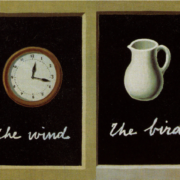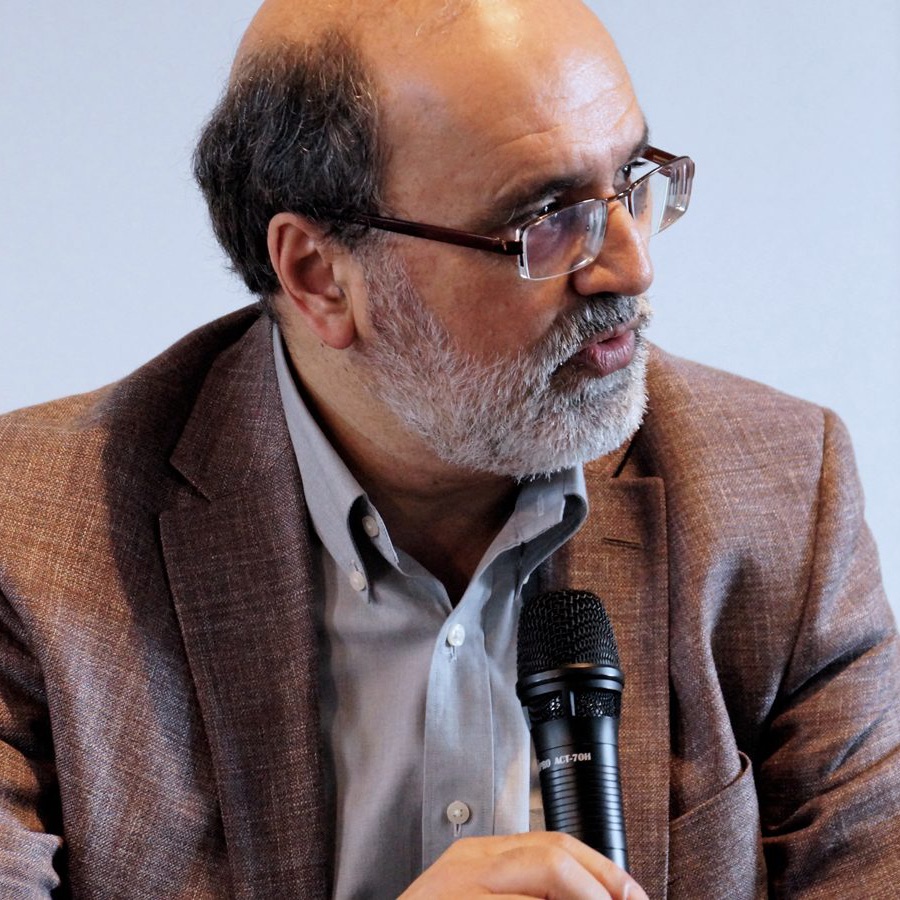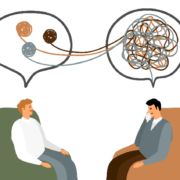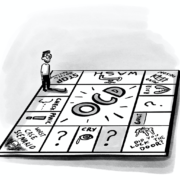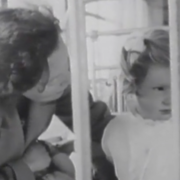How Concepts Make the Unconscious Conscious

Discussant: Larry Sandberg, M.D.
8:00 – 9:30 PM
This talk describes how concepts act to make the unconscious conscious. The presentation will outline what concepts are and how they are related to affect and meaning. It will explain that interpretations and other interventions based on concepts are not merely “intellectual” events, but actively sharpen and deepen emotional experience. It will describe a particular defense: “de-conceptualization,” in which thoughts and meanings are collapsed into body sensations, and show how concepts help restore the meanings which have been buried in this way. It will also describe how concepts serve as search engines in the mind and how they can disrupt the repetition compulsion. Finally, the talk will touch on the relation between change resulting from insight (due to the use of concepts) and change brought about by implicit procedural learning within the analytic relationship.
Dr. Andrew Lotterman is a Training and Supervising Psychoanalyst at the Columbia University Center for Psychoanalytic Training and Research and an Associate Clinical Professor of Psychiatry at Columbia University. He has published articles in the Journal of the American Psychoanalytic Association and The Psychoanalytic Quarterly, among other journals, including “Guilt About Being Born” and “Affect as a Marker of the Psychic Surface.” He is the author of a book about psychotherapy techniques for people with psychosis entitled Psychotherapy for People Diagnosed with Schizophrenia: Specific Techniques first published in 1996, with a second edition released in 2015. Dr. Lotterman has presented his work at numerous conferences both in the United States and abroad. Dr. Lotterman also won the Howard Klar teacher of the year award in 2012 for teaching candidates at the Columbia Psychoanalytic Center.
Dr. Larry Sandberg is Clinical Associate Professor of Psychiatry at Weill Cornell Medical College, Lecturer at Columbia University Center for Psychoanalytic Training and Research, and co-author of Combining Psychotherapy and Medication: The Challenge of Integration.
—
Learning objectives:
After attending this lecture, the learner should be able to:
- Describe how psychoanalytic “concepts” are related to affect and meaning;
- Describe the defense of “de-conceptualization”;
- Discuss the roles of insight and implicit learning in producing analytic change.

